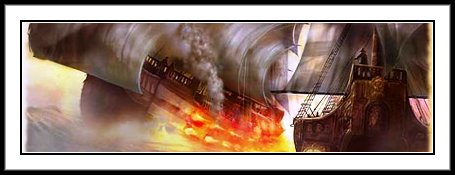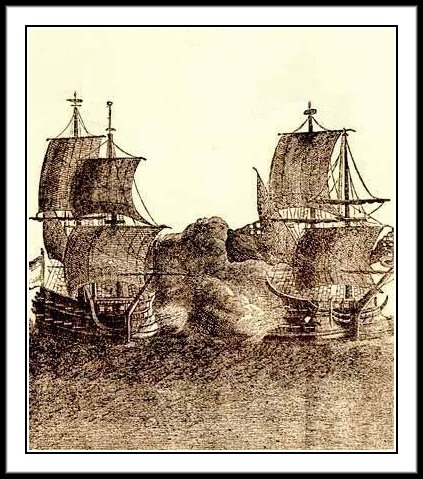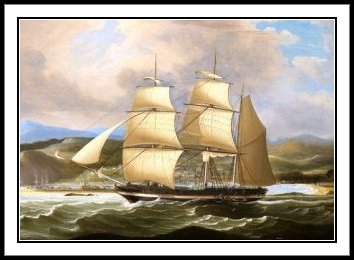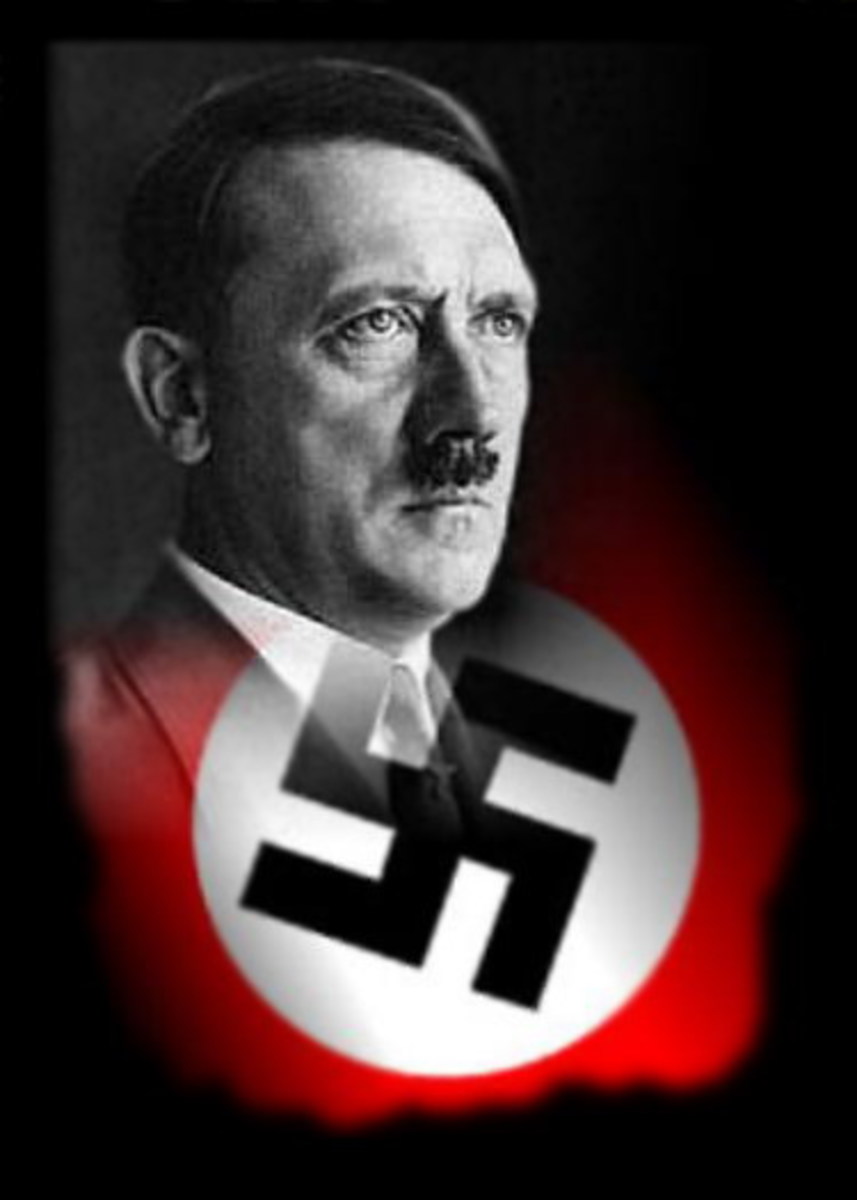Islamic Terrorism Nothing New to U.S.



First Confrontation
The United States first confrontation as an independent nation with Islamic terrorists was in a war called the Barbary Powers War. The Barbary Powers War lasted thirty-two years, spanning the presidencies of George Washington, John Adams, Thomas Jefferson, and James Madison.
During the American Revolution 4 Muslim nations in the Mediterranean; Tunis, Morocco, Algiers, and Tripoli began indiscriminately attacking “Christian” nations. Following the Revolution, the United States disbanded its army and navy and American merchant and civilian ships became vulnerable. The Barbary Pirates seized the cargo of captured ships and enslaved their crews, subjecting them to cruel treatment.
In 1784 John Adams, Benjamin Franklin, and
Thomas Jefferson were sent to negotiate with the Barbary Powers. Adams and
Jefferson asked the ambassador from Tripoli the reason for attacks against
American shipping. He responded that it was the right and duty of Muslims to
make war on all nations that didn’t acknowledge the authority of Islamic law
and to enslave prisoners.


A Lucrative Trade
So many Christians were enslaved in this manner French Catholics raised funds to ransom captured seamen who had been sold into slavery. The trade soon became highly lucrative for Muslim terrorists.
Under President Washington, American diplomats negotiated numerous treaties of Peace and Amity with the Muslim Barbary Powers in an effort to protect American ships in the Mediterranean. Most often officially recognizing the Muslim religion to halt the possibility of a Holy War.
Thus, the United States was forced to pay hundreds of thousands of dollars annually in “tribute” to each of the Barbary nations. In 1795 tribute to Algiers alone totaled almost 1 million dollars, and by the end of Washington’s administration, sixteen percent of the federal budget was being spent on what amounted to nothing less than extortion. The United States had to obtain a loan from Holland to cover this economic burden. Washington considered paying this extortion a national disgrace.
The Department of the Navy was created in 1798 under President John Adams. However, Adams was hesitant to use military force, fearing Americans wouldn’t support it.
But, Thomas Jefferson argued tribute payments to Muslim terrorists and growing resentment would eventually gain support for taking military action. He was later proven correct.
In the meantime, the United States’ “appeasement” efforts only deepened the Barbary Powers’ conviction that Americans were weak. American targets became especially attractive and attacks on American ships increased dramatically.
Thomas Jefferson became President in 1801 and he proposed three solutions. Continue to pay the Barbary Powers’ extortion, confine American ships to American waters or declare war. His decision was to stop tribute payments.
In retaliation, Tripoli declared war against the United States. Jefferson promptly sent an American military expedition against the 4 terrorist nations. The United States Navy and a large force of American Marines convinced all Barbary Powers except Tripoli, it was in their best interest to back down. In 1805, after 4 years of heavy conflict, Tripoli surrendered and the captured seamen were freed.
However the peace lasted only a short time. In 1807, Muslim Algiers, seeing America was preoccupied with war against Great Britain and France, returned to attacking U.S. vessels. Jefferson’s hands were tied. When President James Madison assumed office, the War of 1812 also made it impossible for him to respond with naval forces.
However, when the war with the British ended in 1815, Madison quickly dispatched warships against Algiers, Tunis, and Tripoli. Algiers was forced to the peace table in July 1815. But, no sooner had the American fleet sailed for Tunis Algiers reneged on the treaty. British and Netherland naval fleets rapidly responded persuading them to sign a new peace treaty, which was ratified in December 1816.
Throughout, Muslims viewed their actions as a holy war against Christians although numerous treaties with the Pirates stated the United States held no “enmity against the laws, religion, or tranquility” of the Muslims. The United States did not fight a religious war against Muslims, but rather a war of piracy on the high seas and terrorism against America.





